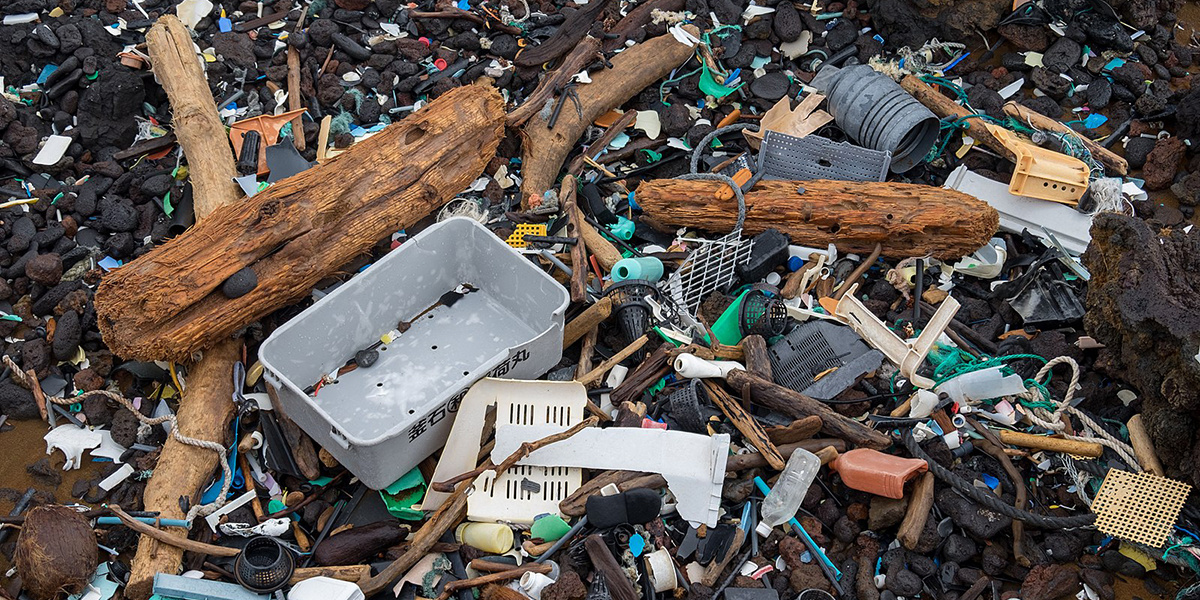
The Sea Dragon vs. the Garbage Patch: All Female Crew Takes on Ocean Plastic

When sailor and environmentalist Emily Penn tested her own body for some of the toxic chemicals that are found when plastics break down in the oceans, she got a surprise.
“I then found them inside me as well,” she told BBC News, according to a story published Tuesday.
The chemicals, which mimic the sex hormone oestradiol, can impact fertility in animals and humans that ingest the tiny pieces of plastic that contain them. Plastics also absorb toxins from the ocean that make their way up the marine food web and into human stomachs as they accumulate in the tissue of predators.
“During pregnancy, it’s critical that you don’t have these hormone disruptors inside you; we can pass them on to our children through childbirth and breastfeeding,” Penn said.
The test results led her to realize that plastic pollution is a women’s health issue.
“It was that journey for me, that got me on the women’s track because I realised it was a very women-focused issue because of the toxic nature of what we were facing,” she said.
In response, Penn is putting together an all-women team to investigate ocean plastics. Together, she and her crew will sail to the Great Pacific Garbage Patch, the gyre of plastic in the Northern Pacific Ocean twice the size of Texas, and test the air, water and sediments they encounter, sharing the data with universities.
“We’ll be looking at sediments for the plastics that have sunk to the bottom and we’ll be looking at the air and the microfibres that are present in the air that we are breathing—we are taking the science to the next level,” she said.
Penn is currently in Hawaii, where she will begin her journey in a 72 foot research vessel called the Sea Dragon. The ship will make a two-legged journey, first from Hawaii to Vancouver and then from Vancouver to Seattle. Ten women from around the world will sail with Penn for each leg of the journey.
The team will use a manta trawl to gather plastics and will also observe wildlife.
“We’ll be looking at the chemicals on the surface of the plastics, and particularly in areas where turtles are living,” Penn said.
This isn’t the first action Penn has taken to protect the environment. She organized the largest grassroots cleanup of the island of Tonga and sailed around the world on a boat run on biodiesel.
Penn also hoped her journey would spread awareness about the scope of the plastic pollution problem.
“When you put a fine mesh net into the water and pull up 1,000 almost invisible microplastic pieces, and then you realise we have 5 trillion fragments on the surface of our oceans and we can’t go out there and clean it up, because it’s the same size as the algae and the zooplankton,” Penn said.

 233k
233k  41k
41k  Subscribe
Subscribe 